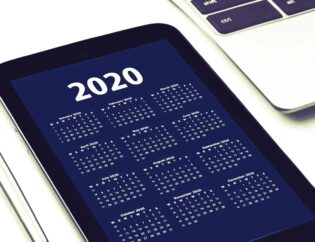
“There is nothing permanent except change.”
-Heraclitus
The tax legislation that has received the most attention in the past year is the Inflation Reduction Act of 2022.
HIGHLIGHTS PART 1
Believe it or not, it’s already time to start gearing up for another tax season. With that in mind, we wanted to share with you some of the changes that may impact you/your business next year. The tax legislation that has received the most attention in the past year is the Inflation Reduction Act of 2022 (IRA of 2022), which was signed into law this past August.
Student Loan Forgiveness Not Taxable
President Biden’s decision to forgive a portion of some student loans and the objections some have raised to his actions received a great deal of media attention over the summer. Receiving significantly less attention were the potential tax implications for those whose loans were forgiven. Many in the tax community were concerned that those who received forgiveness would end up paying much larger tax bills because the IRS has traditionally taxed forgiven debt as income to the taxpayer. Fortunately, Congress had already anticipated the problem, and the American Rescue Plan Act of 2021 preemptively excluded most student loan debt from income for the 2021 through 2025 tax years.
Educators Expense Deduction Increased
President Biden’s decision to forgive a portion of some student loans and the objections some have raised to his actions received a great deal of media attention over the summer. Receiving significantly less attention were the potential tax implications for those whose loans were forgiven. Many in the tax community were concerned that those who received forgiveness would end up paying much larger tax bills because the IRS has traditionally taxed forgiven debt as income to the taxpayer. Fortunately, Congress had already anticipated the problem, and the American Rescue Plan Act of 2021 preemptively excluded most student loan debt from income for the 2021 through 2025 tax years.
Improperly Forgiven PPP Loans Taxable
One of the primary benefits of the Paycheck Protection Program (PPP) loans to help businesses keep their workforce employed during the COVID-19 pandemic was that many eligible borrowers qualified to have their loans forgiven, and the forgiveness is not taxed. However, there were some instances where borrowers had their loans forgiven despite not being eligible for forgiveness. An IRS review of the program discovered that some ineligible taxpayers got their loans forgiven, often through misrepresentations or omissions. This fall, the IRS announced that those taxpayers whose loans had been improperly forgiven must include the forgiven amount in their income.
If you have any questions about the changes or would like to get started on planning for the next tax season, please get in touch with us.










